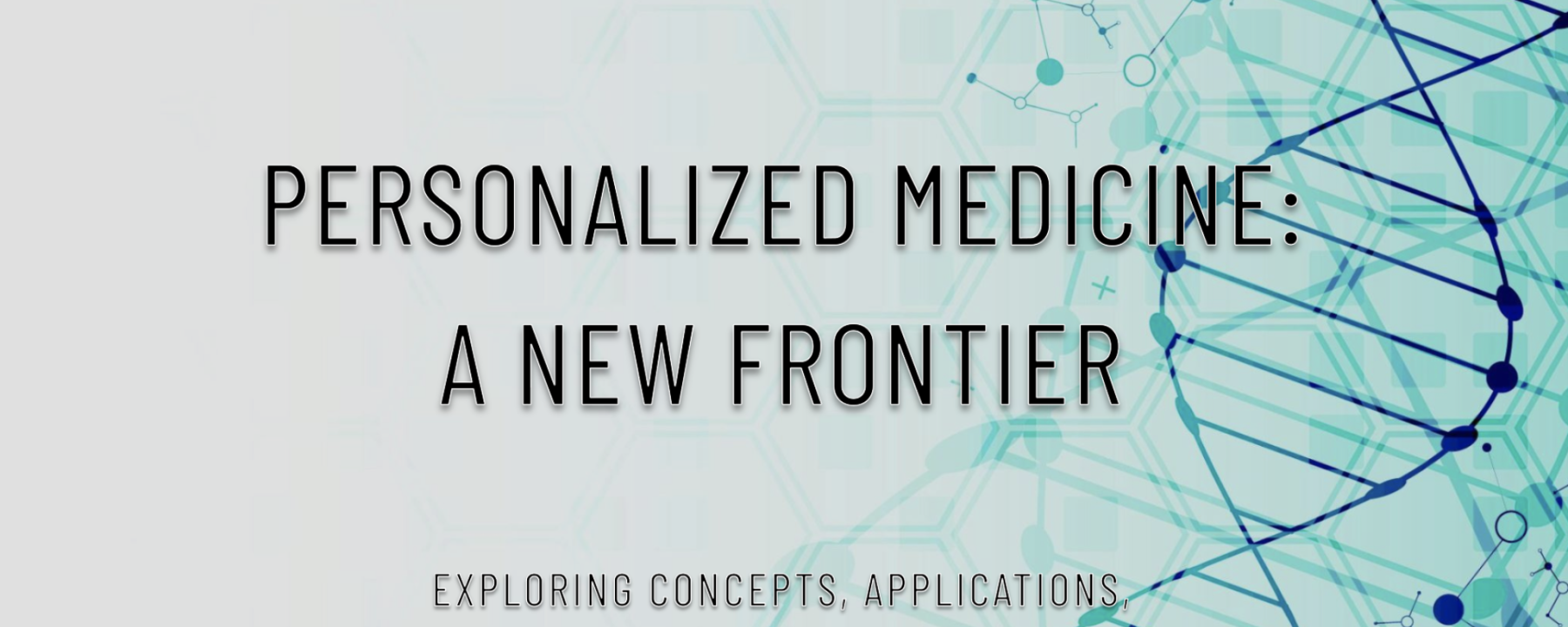
Personalized / Precision medicine - Concepts, Application, Benefits and Challenges
Personalized medicine, also known as precision medicine, is a medical model that tailors healthcare to individual patients based on their unique characteristics. These characteristics can include genetic, environmental, and lifestyle factors. The goal of personalized medicine is to provide more accurate diagnoses, improve treatment outcomes, and reduce adverse effects by customizing medical care to each patient’s specific needs.
Key Concepts in Personalized Medicine
1. Genomics and Genetic Profiling
- Genomic Sequencing: Analyzing a patient’s genetic code to identify mutations or variations that may influence disease risk, progression, and response to treatment.
- Pharmacogenomics: Studying how genes affect a person’s response to drugs, enabling the selection of medications that are most likely to be effective and least likely to cause side effects.
2. Biomarkers
- Identification and Use: Biomarkers are measurable indicators of a biological condition or state. In personalized medicine, biomarkers are used to diagnose diseases, predict disease progression, and monitor responses to treatment.
3. Tailored Treatments
- Targeted Therapies: Treatments designed to target specific genetic or molecular features of a disease. For example, certain cancer therapies are tailored to target mutations in cancer cells.
- Customized Drug Dosing: Adjusting medication dosages based on individual patient characteristics, such as genetic makeup, to optimize efficacy and minimize side effects.
4. Patient Stratification
- Risk Assessment: Using genetic and other data to stratify patients into different risk categories, enabling more precise prevention and management strategies.
- Subgroup Identification: Identifying patient subgroups that are more likely to benefit from specific treatments, improving overall treatment success rates.
5. Integrated Data and Analytics
- Big Data and AI: Utilizing large datasets and advanced analytical tools, including artificial intelligence and machine learning, to uncover patterns and make predictions about disease and treatment outcomes.
- Electronic Health Records (EHRs): Integrating data from EHRs to provide comprehensive patient profiles that inform personalized care plans.

Applications of Personalized Medicine
1. Oncology
- Cancer Treatment: Using genetic profiling of tumors to identify specific mutations and select targeted therapies, leading to more effective and less toxic cancer treatments.
- Early Detection: Developing screening tools and methods based on genetic risk factors to detect cancer at an earlier, more treatable stage.
2. Cardiology
- Heart Disease Risk: Assessing genetic and lifestyle factors to predict the risk of heart disease and tailor prevention and treatment strategies.
- Personalized Interventions: Customizing treatments for heart conditions based on individual patient profiles, including genetic information and biomarker data.
3. Rare Diseases
- Genetic Disorders: Diagnosing and managing rare genetic disorders through comprehensive genetic testing and personalized treatment plans.
- Therapeutic Development: Developing new therapies for rare diseases by understanding the genetic underpinnings of these conditions.
4. Infectious Diseases
- Vaccine Development: Creating vaccines tailored to specific populations based on genetic and epidemiological data.
- Precision Treatment: Using genetic information to guide the treatment of infectious diseases, such as determining the most effective antibiotics for bacterial infections.
Benefits of Personalized Medicine
- Improved Treatment Outcomes: By tailoring treatments to individual patients, personalized medicine can enhance treatment efficacy and reduce adverse effects.
- Cost-Effective Care: Personalized approaches can lead to more efficient use of healthcare resources by avoiding ineffective treatments and focusing on therapies that are likely to work.
- Preventive Healthcare: Personalized medicine can help identify individuals at high risk for certain diseases, enabling early intervention and prevention strategies.
- Patient Empowerment: Providing patients with information about their genetic makeup and health risks empowers them to make informed decisions about their healthcare.
Challenges in Implementing Personalized Medicine
- Data Privacy and Security: Protecting the privacy and security of genetic and health data is a significant concern.
- Ethical Considerations: Addressing ethical issues related to genetic testing, such as the potential for discrimination based on genetic information.
- Access and Equity: Ensuring that personalized medicine is accessible to all populations, including those in underserved areas.
- Regulatory and Reimbursement Issues: Navigating the regulatory landscape and ensuring that personalized treatments are covered.
At Pro Pharma Research Organization we offer Real-World Evidence (RWE) services that provide information on precision medicine. Our services include data collection and integration, data cleaning and validation, and evidence generation, among others. Contact us to obtain more information and enhance your knowledge in this field.